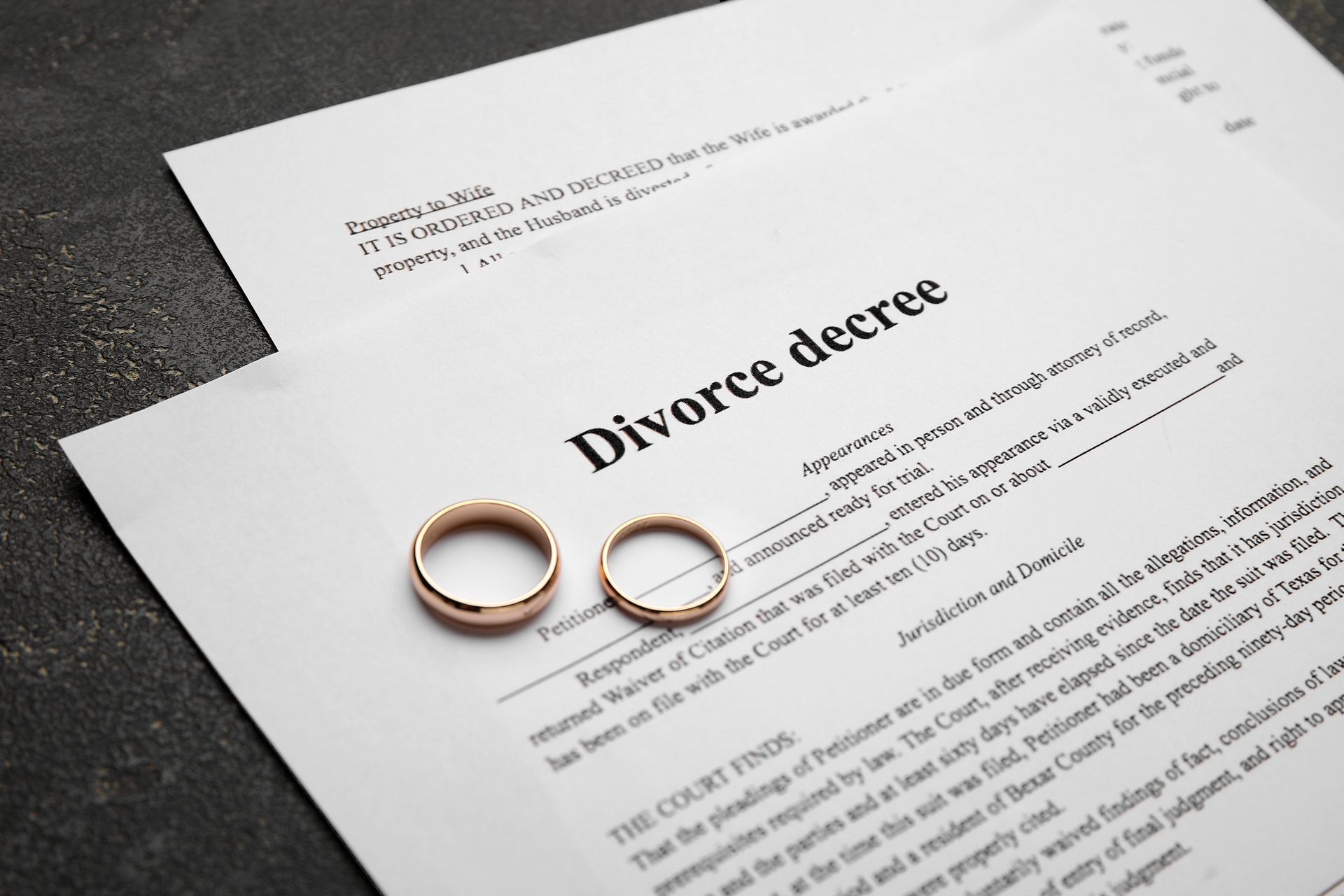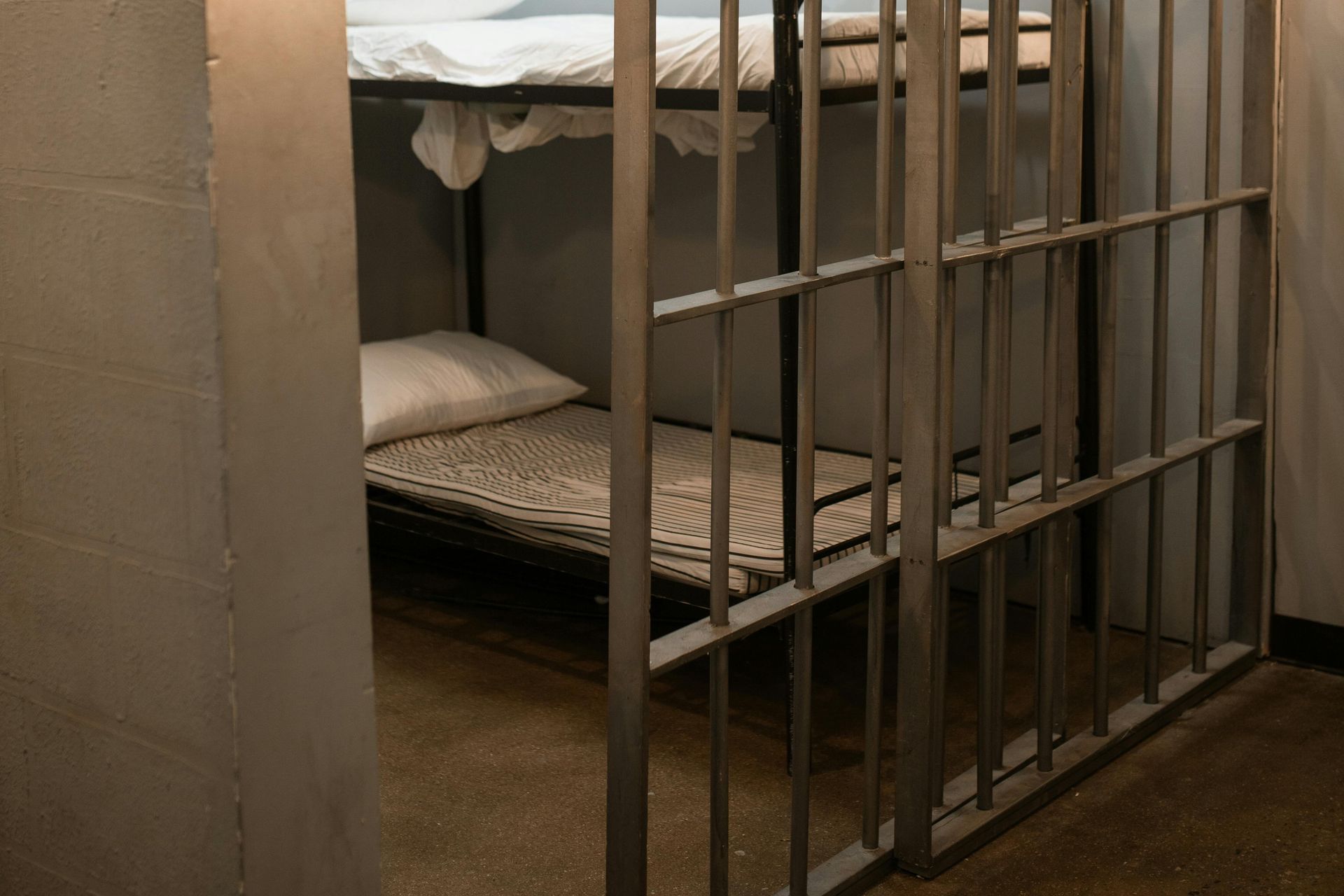Understanding Misdemeanors
Have you ever heard the term misdemeanor before? If so, you may be wondering what it means. A misdemeanor is a type of criminal offense that is considered less serious than a felony. However, that doesn't mean that misdemeanors are not punishable or that they don't have serious consequences. As a Michigan resident, it's important to understand what a misdemeanor is, how it is classified, and what the penalties can be if convicted.
1. What is a Misdemeanor?
A misdemeanor is a type of criminal offense that is considered less serious than a felony. Examples of misdemeanor offenses include petty theft, disorderly conduct, minor drug offenses, and assault. One of the main differences between a misdemeanor and a felony is the level of punishment. Felonies are punishable by long-term imprisonment, while misdemeanors can be punished with short-term sentences, fines, or community service.
2. Different Types of Misdemeanors in Michigan
Michigan divides misdemeanors into three different categories based on the severity of the offense. These categories are:
- Class A Misdemeanors: These are the most serious misdemeanors and are punishable with up to one year in jail and fines of up to $2,000. Examples of class A misdemeanors include DUI and domestic violence.
- Class B Misdemeanors: These are considered less serious than class A misdemeanors and are punishable with up to 90 days in jail and fines of up to $500. Examples of class B misdemeanors include prostitution and possession of marijuana.
- Class C Misdemeanors: These are the least serious misdemeanors and are punishable with up to 30 days in jail and fines of up to $250. Examples of class C misdemeanors include disorderly conduct and trespassing.
3. Penalties for a Misdemeanor
The penalties for a misdemeanor conviction can vary widely depending on the severity of the offense. In addition to imprisonment and fines, other common penalties for misdemeanors include probation, community service, and mandatory counseling or treatment. Misdemeanor convictions can also have other serious consequences, such as a criminal record that can impact your ability to find employment or housing.
4. Hiring a Criminal Defense Attorney
If you have been charged with a misdemeanor in Michigan, it's important to seek the guidance of a criminal defense attorney. An experienced attorney can help you understand the charges, assess your options, and develop a strong defense strategy. With the right representation, you may be able to avoid conviction, minimize the penalties, or negotiate a plea bargain.
5. Importance of Understanding Misdemeanors
Understanding what a misdemeanor is, how it is classified, and what the potential consequences are can help you make informed decisions and avoid situations that could lead to criminal charges. If you are charged with a misdemeanor, knowledge is power. The more you understand about your charges and your legal options, the better equipped you will be to make informed decisions and protect your rights.
Misdemeanors are a less serious type of criminal offense than felonies. They can be classified into different categories based on their severity and can result in a range of penalties, including imprisonment, fines, and loss of civil liberties. If you are facing misdemeanor charges in Michigan, it's important to seek the guidance of an experienced criminal defense attorney and understand your legal options. With the right representation, you may be able to minimize the consequences of your charges and move on with your life.










